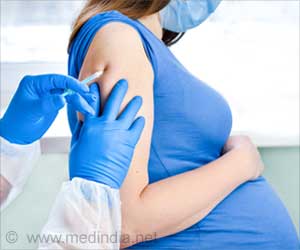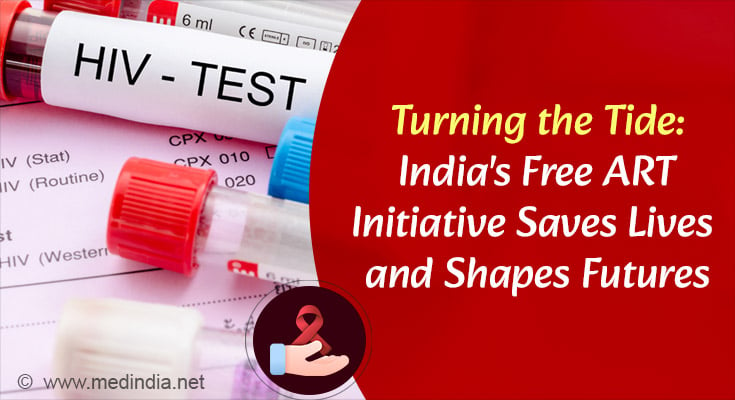“This is one of the largest studies to review fertility and IVF cycle outcomes in patients who received COVID-19 vaccinations. The study found no significant differences in response to ovarian stimulation, egg quality, embryo development, or pregnancy outcomes between the vaccinated compared to unvaccinated patients,” said Devora A. Aharon, MD, first author of the study. Dr. Aharon is a fellow in reproductive endocrinology and infertility at Icahn Mount Sinai and RMA of New York.
The study involved patients whose eggs were collected from the ovaries and fertilized by sperm in a laboratory, creating embryos that were frozen and later thawed and transferred to the womb and patients who underwent medical treatment to stimulate the development of eggs.
The two groups of patients who underwent frozen-thawed embryo transfer214 vaccinated and 733 unvaccinatedhad similar rates of pregnancy and early pregnancy loss.
The two groups of patients who underwent ovarian stimulation222 vaccinated and 983 unvaccinatedhad similar rates of eggs retrieved, fertilization, and embryos with normal numbers of chromosomes, among several other measures.
“By leveraging science and big data, we can help reassure patients of reproductive age and enable them to make the best decisions for themselves. It will give people comfort to know that the COVID-19 vaccine does not affect their reproductive potential,” said senior author Alan B. Copperman, MD, FACOG, division director and clinical professor of obstetrics, gynecology, and reproductive science at Icahn Mount Sinai and director of RMA of New York, which is recognized internationally as a leading center of reproductive medicine.
The patients in the study were treated at RMA of New York between February and September 2021. Patients undergoing IVF treatment are closely tracked, enabling the researchers to capture early data on the implantation of embryos in addition to pregnancy losses that might be undercounted in other studies.
Source: Medindia



